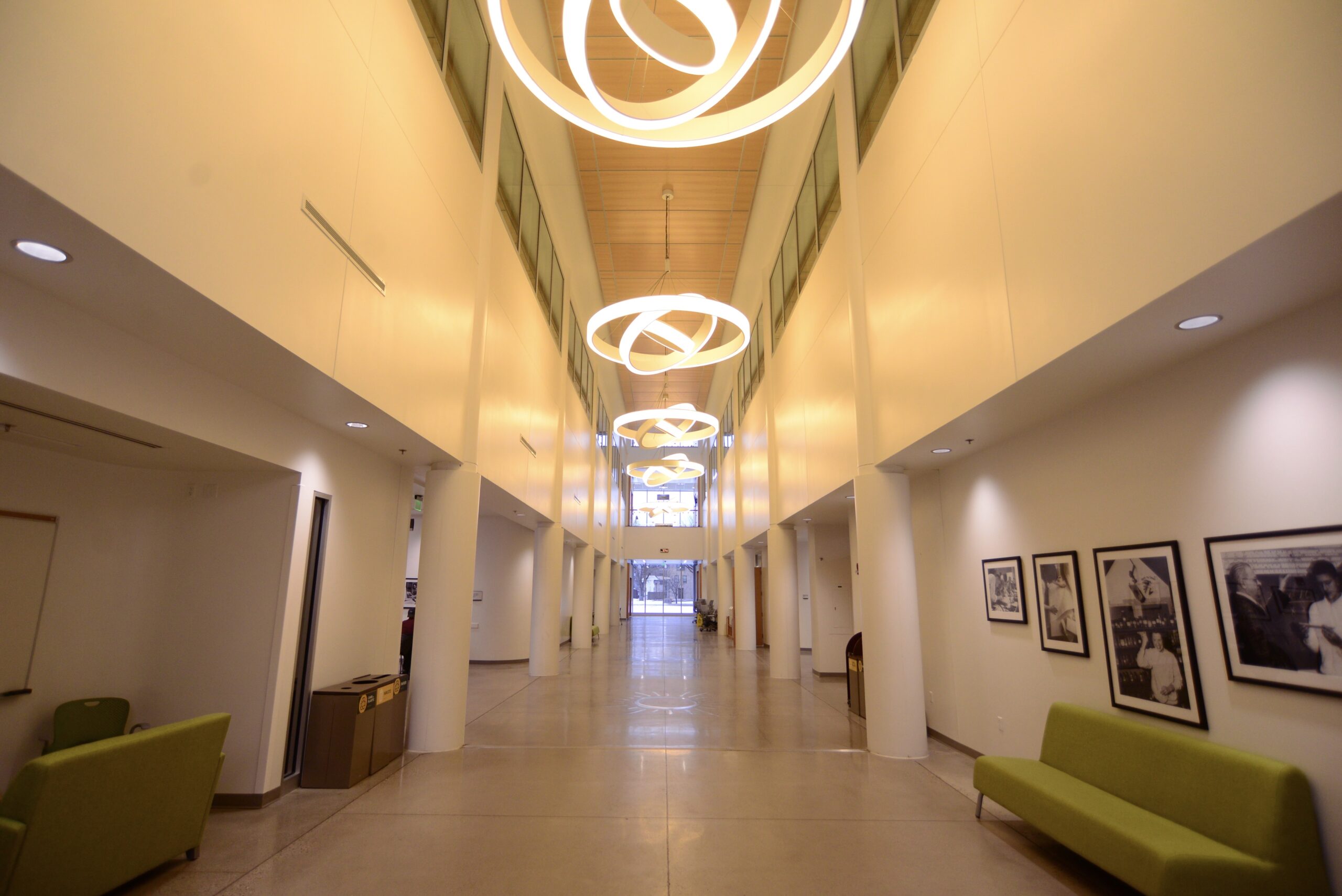
Darwin Days was held in the A.Glenn Hill Center in past years
Exploring Charles Darwin’s work and how science has helped combat the Coronavirus
Feb. 4 is a day that people celebrate all over the world to honor Charles Darwin. Marking Darwin’s birthday, people remember all of his accomplishments by visiting museums, hosting events and reading about his life.
In the past, North Dakota State University has hosted an event for Darwin Day. Multiple departments on campus have hosted this and the event acts as a celebration of science. Students have had the opportunity to learn about science through demonstrations, speakers and pop-up museums.
The event did not occur this year due to the pandemic. However, students can look to the future for next year’s event when it can be safe for everyone to attend.
Darwin is considered an important scientist because of his work on natural selection and evolution in the 1800s. However, Charles Darwin started out interested in geology. He was fascinated by landforms which eventually developed into a biological interest later in life. Darwin also planned to become a clergyman for the church before he went into science.
“He didn’t start out with any plans to change the world, but he ended up doing so,” said Steven Travers, an associate professor of biological sciences at NDSU.
Darwin studied multiple animals and organisms throughout his lifetime. He conducted research on barnacles, worms, pigeons and finches. He studied these animals by observation and then became a revolutionary by finding broad patterns. “He would pick subject matters and then just go into infinite detail about that,” said Travers.
Darwin’s work on evolution has been critical in discovering the research for the Covid-19 pandemic. The concept of natural selection has been useful when tracking the Covid-19 pandemic and discovering the mutations of the virus. Science, in general, has been a large topic this year with the creation of the vaccine as well.
The scientific method has been important throughout the last year to help people learn how to handle the pandemic. The scientific method has impacted how epidemiologists and biologists studied the virus and the vaccine through this year. Through this, they have developed the vaccine and the importance of wearing masks.
Travers added, “Science has played a huge role just this past year in helping us fight an amazingly virulent pathogen out there that has been really, really bad.”
Students can learn more about science on campus by joining clubs and participating in future events that NDSU is putting on. General reading about science can be both fascinating and educational for students to participate in at any time.
